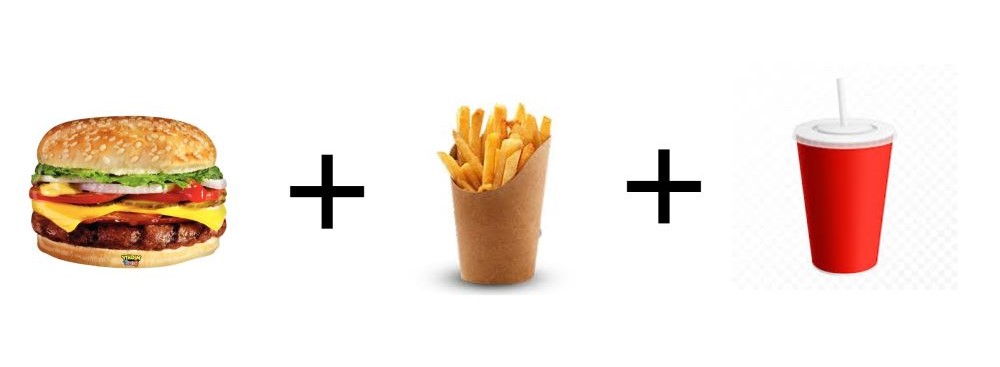Upselling and cross-selling
Upselling Upselling is a sales technique in which the customer is sold a more expensive product than the one they were thinking of buying. The different types of upselling Sales techniques for upselling Preparation Questions to ask the customer How to argue for upselling during the sale How to upsell in the follow-up phase Cross-selling […]
Upselling

Upselling is a sales technique in which the customer is sold a more expensive product than the one they were thinking of buying.
The different types of upselling
- Increase product quality: for example, if a customer buys a coffee, we can offer him a café au lait or a cappuccino. When buying a kayak, suggest carbon instead of polyethylene.
- Increase the quantity: offer a large coffee instead of a medium one.
- Increase service: advise on a computer system with support and training. Selling a car with the first revisions included.
- Increase the length of service: from 1 to 3 years
- Increase protection and warranties: include a long-term warranty in the sale of a TV.
- Increase prestige: numbered branded products in limited quantities
Sales techniques for upselling
Preparation
- Reread CRM notes to get to know the customer and his history
- Study any problems he may have had in the past
- Identify your main motivation
Questions to ask the customer
- Are you completely satisfied with the product?
- What would be your ideal product?
- What’s important to you about this product?
- Do you want the top-of-the-range product? Extended warranty? Insurance included?
How to argue for upselling during the sale
- Only this enriched product will enable you to achieve your goals
- The product of your dreams
- Treat yourself to your ideal
- It’s what’s important to you, so make the most of it
How to upsell in the follow-up phase
- How do you like your current product?
- Would you like something even better?
- We have the ideal solution for you
Cross-selling

Cross-selling consists of selling additional products to increase both the invoice and customer satisfaction.
The different types of cross-selling
- Complementary products: offer fries and a drink with the burger
- Complementary services: purchase of a telephone, followed by complementary insurance.
- The menu offer: burger of the day, fries, drink, all for 10% less. Phone companies often do the same with their packages: unlimited calls to certain destinations + 10 Gb included. Depending on the business, these offers have different names: menus, packages, bundles, forfaits.
- Separate but necessary products: alarm system and batteries
- The “you’ll like it too” proposition: often seen on online stores. This is also the strategy of Amazon and Netflix.
Cross-selling techniques
Cross-selling preparation
- Go to the CRM to find out which products and services the customer already owns
- Know your motivations and aspirations
Questions
- What products and services do you currently use?
- What are you missing?
- What’s your objective?
- What are your aspirations?
How to make the case for cross-selling during the sale
- I offer you a perfect set that will suit you
- Take it all now to avoid coming back
- One doesn’t work in opposition to the other, it works in a complementary way.
- Take a global solution that stands up
How to upsell in the follow-up phase
- I’ll call you back to see how you like your product.
- You can take advantage of complementary products
In conclusion
The idea is not simply to upsell or cross-sell in order to make more money, but to provide the best possible service to customers and meet their aspirations.
Customers often start out with the idea that they’re looking for a product, but don’t know that there’s something better out there, or that they can add complementary products and services. You’re the specialist who knows the offers and can suggest the best solution for him.
It’s the best way not only to increase your revenues, but also to build customer loyalty. They’ll know they’re dealing with a specialist who can advise them, they’ll come back to you and they’ll even refer you!
